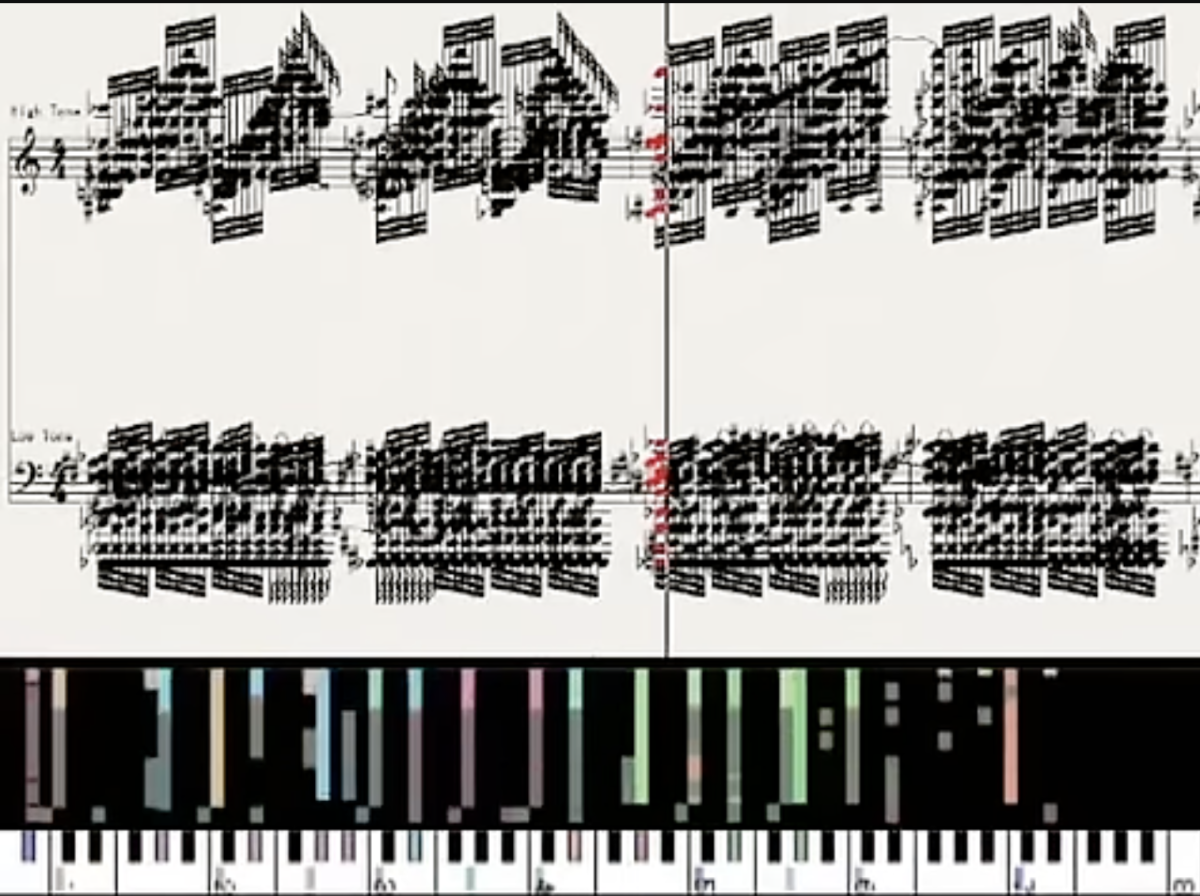Curating Means Involving Artists
What is most important to you when curating?
Many institutions book different artists based on aesthetic that are biases that are shaped by the soundworlds already overrepresented in the public space. To me, it is important to involve a diverse mix of artists that reflect the space they emerge in, and more importantly create added value from their experience of being represented as part of a festival. Also, the networking aspect is often overlooked. A curator should facilitate sustainable and safe space for a dialogue.
What are the biggest conflicts / pleasures you encounter when curating?
Rather than conflicts I see issue that are based on my own aesthetic bias and what I think is relevant and genuinely innovative in terms of a musician’s sonic language and storytelling. Other aspects are the beliefs and values of certain genres that are shaped by the curator’s own network and the limited capacity to be fully immersed in certain scenes as a researcher–as–curator as opposed to musician–as–curator.
What does curating mean to you?
It has a lot to do with visibility. How do we divide public space? Who do we think is representative for a movement or specific scene? To me, it became crucial that scenes are far more scattered than I thought and that it is impossible to represent a movement based on sampled works or musical pieces. Rather than aspiring to all–encompassing representation and a sense of completeness, curating means allowing audiences to peek through certain windows into ever–changing networks.
These quotations have been published in the Norient book Politics of Curatorship: Collective and Affective Interventions, edited by Philipp Rhensius and Monia Acciari (Norient Books 2023).
Biography
Shop

Published on July 18, 2024
Last updated on July 18, 2024
Topic
From art exhibitions to djing to personal Instagram feeds, we look at curation from multiple perspectives.

